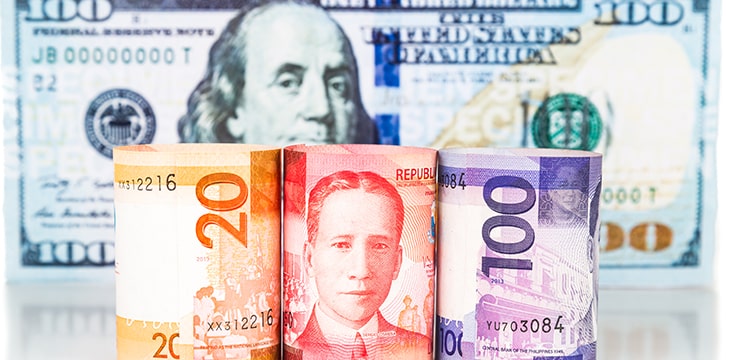|
Getting your Trinity Audio player ready...
|
The Philippines is not as antagonistic towards digital assets as most other countries but it is not particularly fond of foreign exchanges. Citing recent debacles within the space, Filipino authorities have persistently advised citizens against using exchanges domiciled abroad.
As part of this movement, the Bangko Sentral ng Pilipinas (BSP) recently released a statement warning the public against patronizing unregistered or foreign Virtual Asset Service Providers (VASPs).
In a press release, the central bank noted that using unregistered or foreign exchanges could add an extra layer of risks to dealing in virtual assets, in addition to the dangers these assets present due to high volatility.
The BSP mentioned that foreign VASPs could lack the necessary consumer protection structure and could be risky to consumers, especially in the event of the firm’s collapse. It also noted that foreign VASPs may “present additional challenge on enforcing legal recourse and…redress mechanisms.”
Furthermore, the central bank highlighted the risks of trading or investing in digital assets. It reminded users that neither the bank nor local VASPs could guarantee risk-free investments. Additionally, it advised users to apply caution when exploring the digital asset space, as this will help identify scam projects.
The BSP released a list of registered and approved VASPs containing 19 exchanges, all domiciled in the Philippines. In addition, six of the VASPs are not operational at the time of reporting.
Philippines eyes VASP license application suspension for 3 years
Unfortunately, the Filipinos have 13 options to pick from local exchanges amidst the suspension of the VASP license issuance.
On August 10, the BSP released a memorandum informing the public of the suspension of VASP license applications. According to the memo, the permit issuance will be shelved for three years beginning September 1, 2022. This gives exchanges seeking to procure a VASP license less than two weeks to enter the Philippine market.
According to the central bank, this stems from efforts to foster innovation in the financial sector and equally mitigate risks. Exchanges that have completed Stage 2 of the licensing process as of August 31 will be able to proceed to Stage 3. On the other hand, the bank will close applications of those who failed to pass Stage 2.
Currently, Binance is looking to penetrate the Filipino market as it pushes to procure a VASP license within the country. Two weeks ago, the Philippines Securities and Exchange Commission (SEC) warned the public against dealing with Binance. The SEC noted that the exchange is not regulated in the country.
This came as a response to several calls from Filipino think-tank Infrawatch PH to ban the exchange. Nonetheless, Binance has said it is optimistic about getting a VASP license in the country.
Watch: BSV Global Blockchain Convention presentation, BSV for Retail Payments, Remittances & Rewards
https://www.youtube.com/watch?v=51btsCHPAq8

 02-25-2026
02-25-2026 




